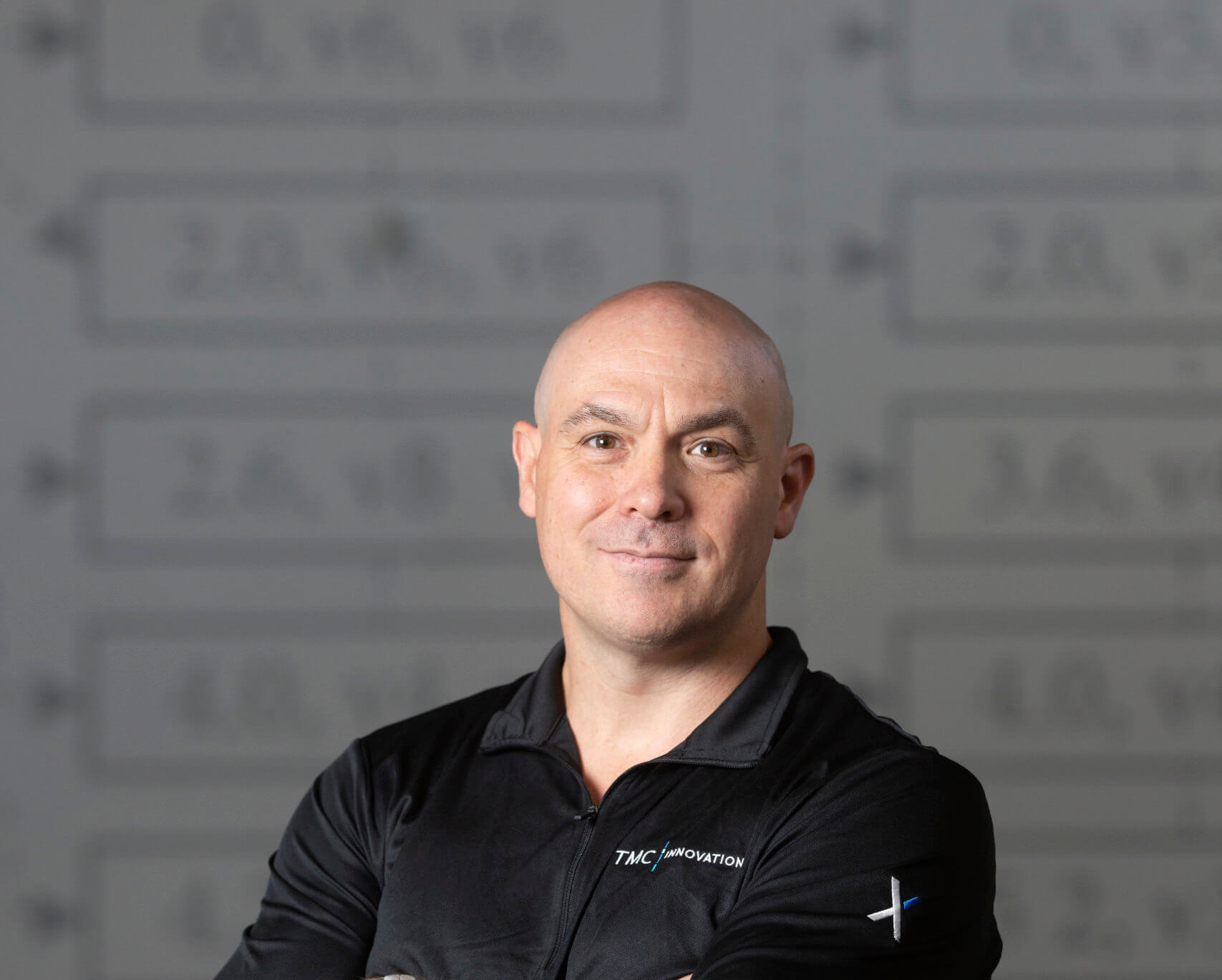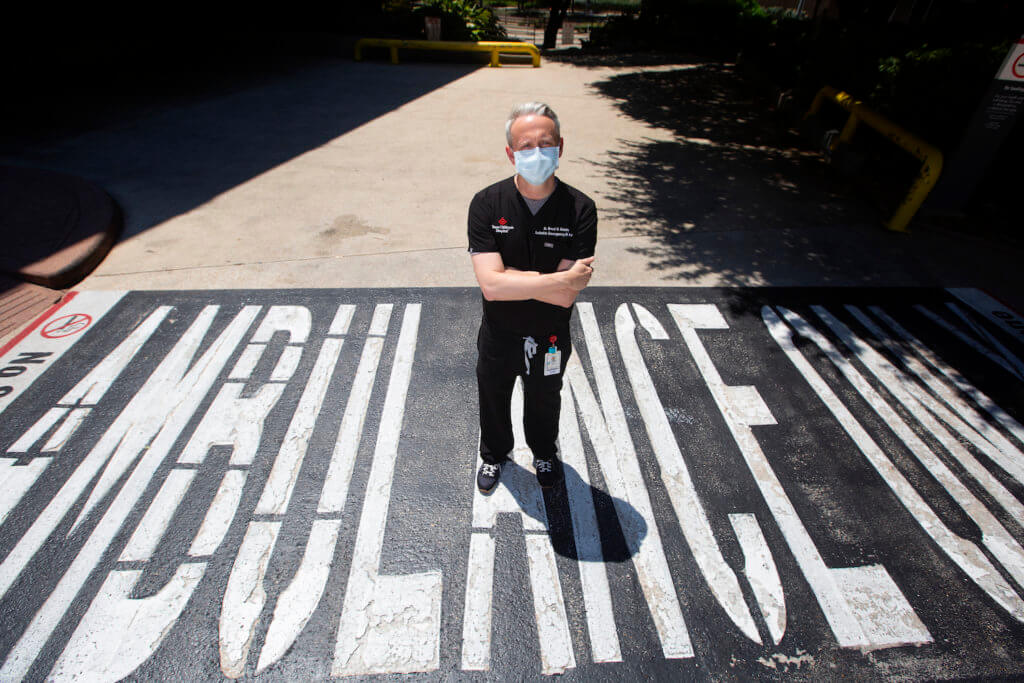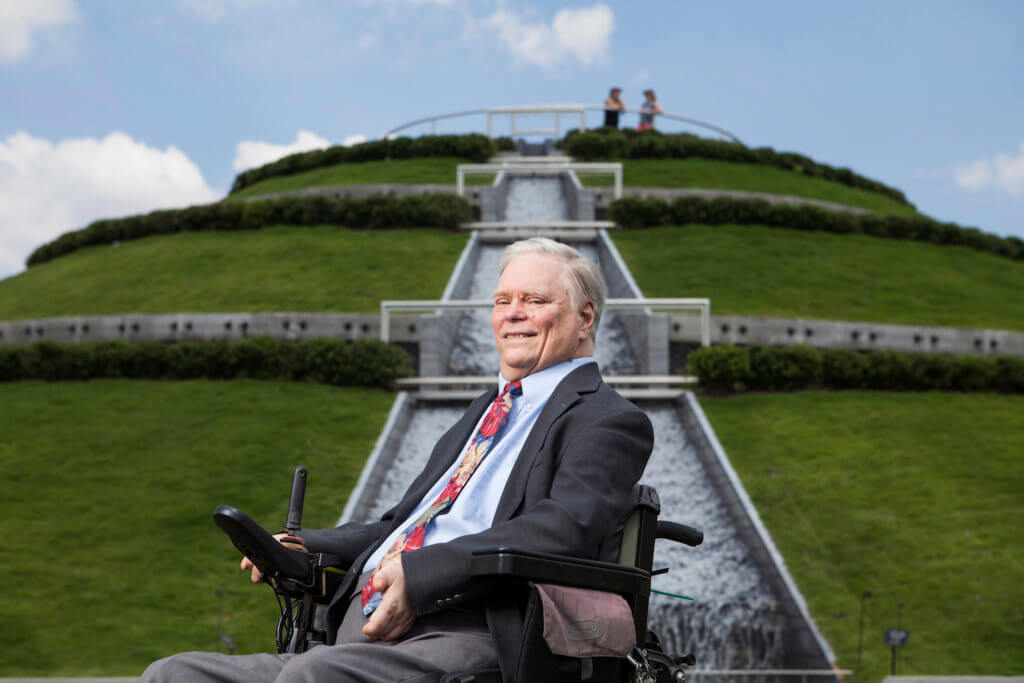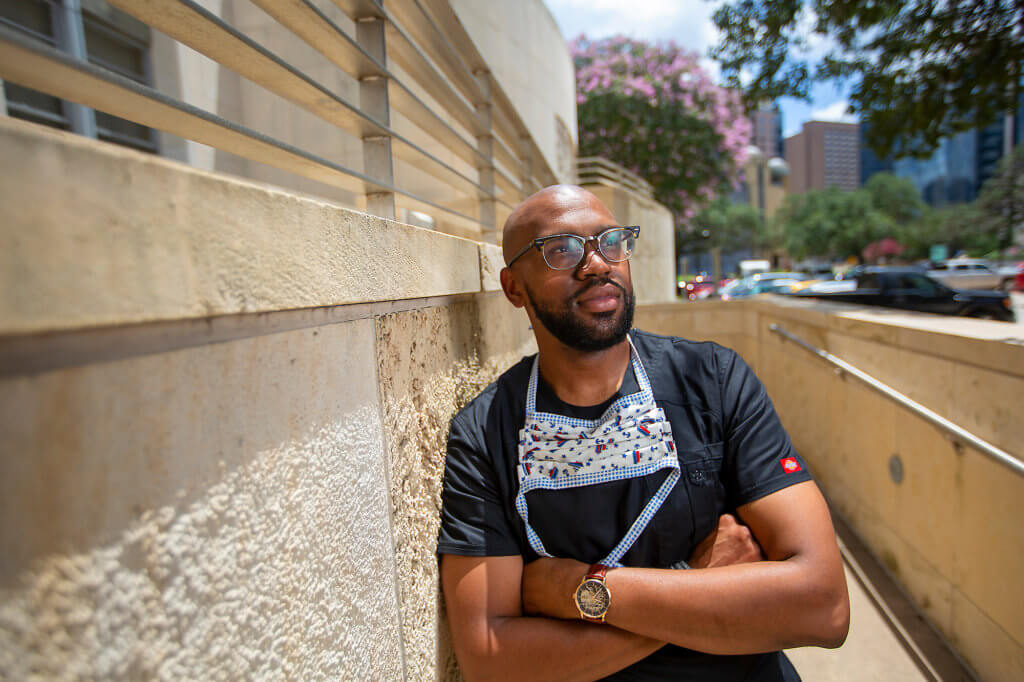“When everything changes, everybody must change.”

John S. Reale, Jr., better known as JR, is the executive in residence at TMC Innovation and the TMC Venture Fund. A seasoned early-stage technology company investor and entrepreneur, JR is an in-house resource for companies participating in the TMC Biodesign fellowship and the TMCx and TMCx+ programs.
Q: You work with a lot of start-ups and young companies at the TMC. How have they fared since the pandemic set in?
A: So far, there’s been an arc. March was the shock period. Everything was changing, things were shutting down, people were starting to work from home. I heard questions like: If health systems aren’t having elective surgeries, will they still be buyers? Will they have money? What do I do?
Then, we went through an adjustment period. Companies re-forecasted projections and reviewed priorities, which led to making different types of decisions. We also spent a considerable amount of time understanding the resources available through the CARES Act—the economic relief package for American workers and small businesses—to determine how to support our startups who were interested in applying.
Today, while there are still so many unknowns, we are more stabilized. COVID is here, and what we have seen is our companies expanding or evolving their capabilities or services based on new and immediate needs. Luma Health, a company that helps clinics and large health systems better engage with patients, is a great example. When the pandemic arrived, we saw CEO Adnan Iqbal and his team respond directly to customer needs. Whether it was sharing best practices on managing COVID patients when you can’t physically see them, helping employee health groups communicate with their workforce to manage their concerns about health, or embedding telehealth into patient engagement, they were on it. Their ability to respond to the most pressing needs tells us two things: health systems that work with early stage companies can innovate and move much more quickly; and the ability of startups to meet changing needs positions them to be great partners as we continue to fight through COVID.
Q: If you were looking to launch a new business in this new environment, where would you focus?
A: I’d be digging deeper into problems. Moments like these create lenses to see problems differently, whether we’re talking about patients or clinicians or the business of health care. One area I believe is interesting is population management. Think about patient data, particularly as it relates to identifying candidates for clinical trials. We’re going to need to understand profiles of patients enrolled in different COVID vaccine programs, and we’re going to need to do that in a timely, efficient and thoughtful way. Solving problems here will have large ripples when we think about the future.
Q: You lead the TMC Venture Fund, a $25 million fund that invests in early-stage companies and helps connect them to the Texas Medical Center’s 60-plus member institutions. Have you invested in any companies since the pandemic began?
A: TMC Venture Fund invests in startups that participate in programs led by TMC Innovation, whether in Biodesign, TMCx or TMCX+. These are the founders we get to know best—we know how they work within and contribute to our community and how they are serving and partnering with our member institutions.
Since February we’ve closed on two investments where we’ve made previous investments in each company. One is in Noninvasix, a Houston-based medical device startup. Measuring the adequacy of oxygen supply to critical organs, such as the brain, is hugely important to patient outcomes yet is extremely difficult to do. Non-invasive real-time measurements of venous oxygenation will allow doctors to intervene sooner and more effectively when it’s not always obvious that something has gone wrong. Solving these problems, which is what Graham Randall and his team are focused on, will undoubtedly save lives as well as reduce the cost of care. The Venture Fund led an investment round of about $2.1 million, with co-investors GPG Ventures and an undisclosed strategic investor.
Our other deal is in Alleviant Medical, which closed in May. Alleviant provides relief for patients suffering from heart failure with a safe, easy-to-use, no-implant interatrial shunt. Their differentiator is a no-implant, reversible shunt that does not introduce any foreign material as part of the procedure. Alleviant was launched out of TMC Biodesign in 2017 and is led by Adam Berman. We were proud to have participated in this financing with a host of great investors, including Vensana Capital, S3 Ventures, Broadview Ventures and Longview Ventures.
Q: We’ve all heard the phrase: Never let a good crisis go to waste. How can we apply that to our current situation?
A: This moment in time is revealing enormous problems and opportunities for entrepreneurs to deliver solutions that will shape our future. When everything changes, everybody must change.
The work we do at TMC Venture Fund and TMC Innovation is exciting—to serve and support the founders during this crisis forges a lasting bond. I’m excited for what they’ll do beyond COVID to share with our world. The role that entrepreneurship will and must play in health care cannot be overstated. We must continue to support entrepreneurs to lead us forward. That’s what inspires me and makes me proud to be part of this team at TMC.




